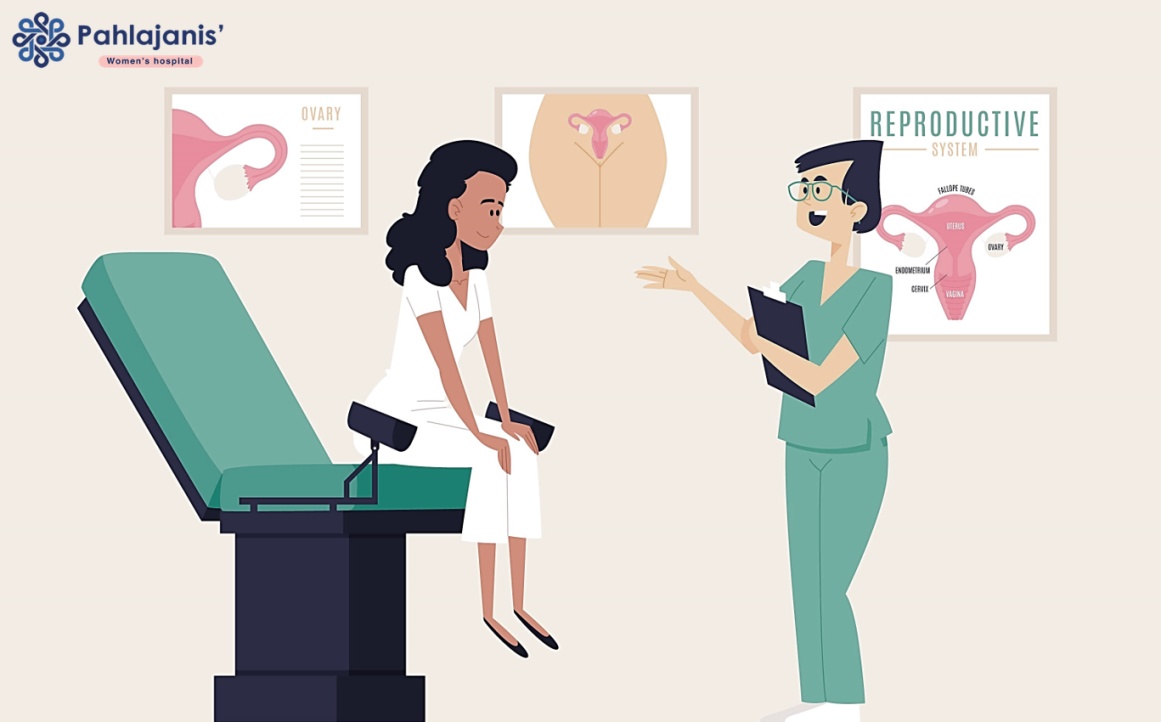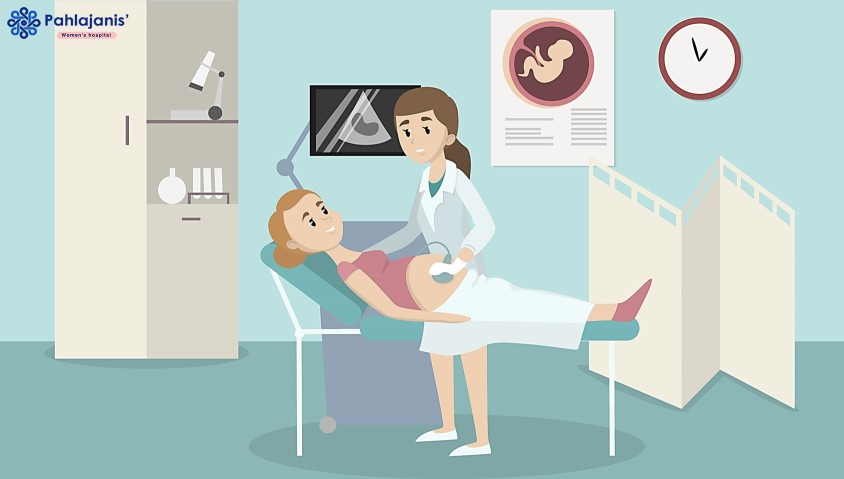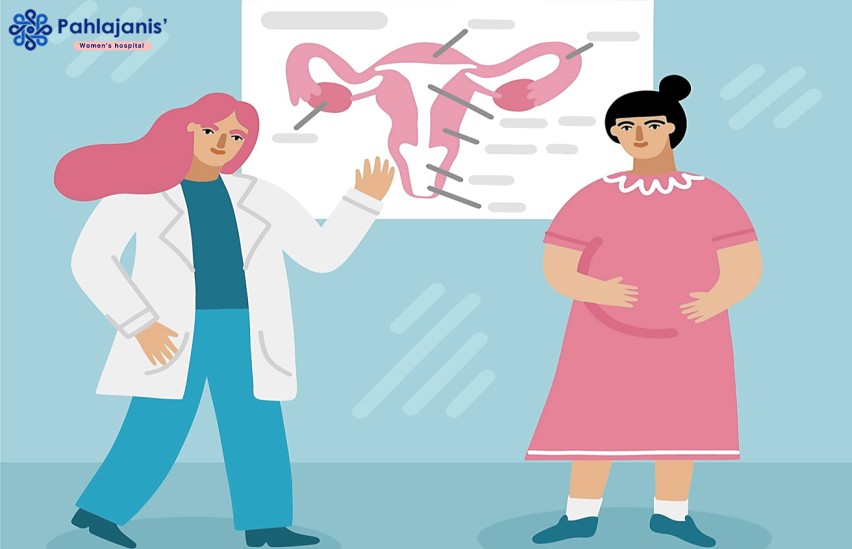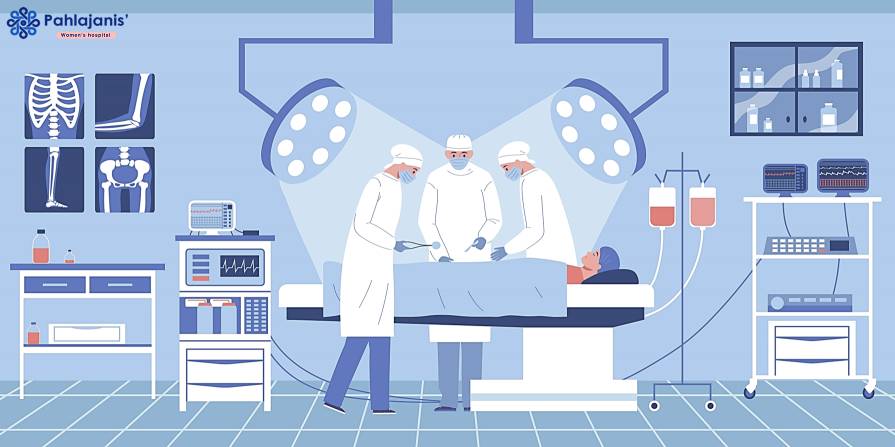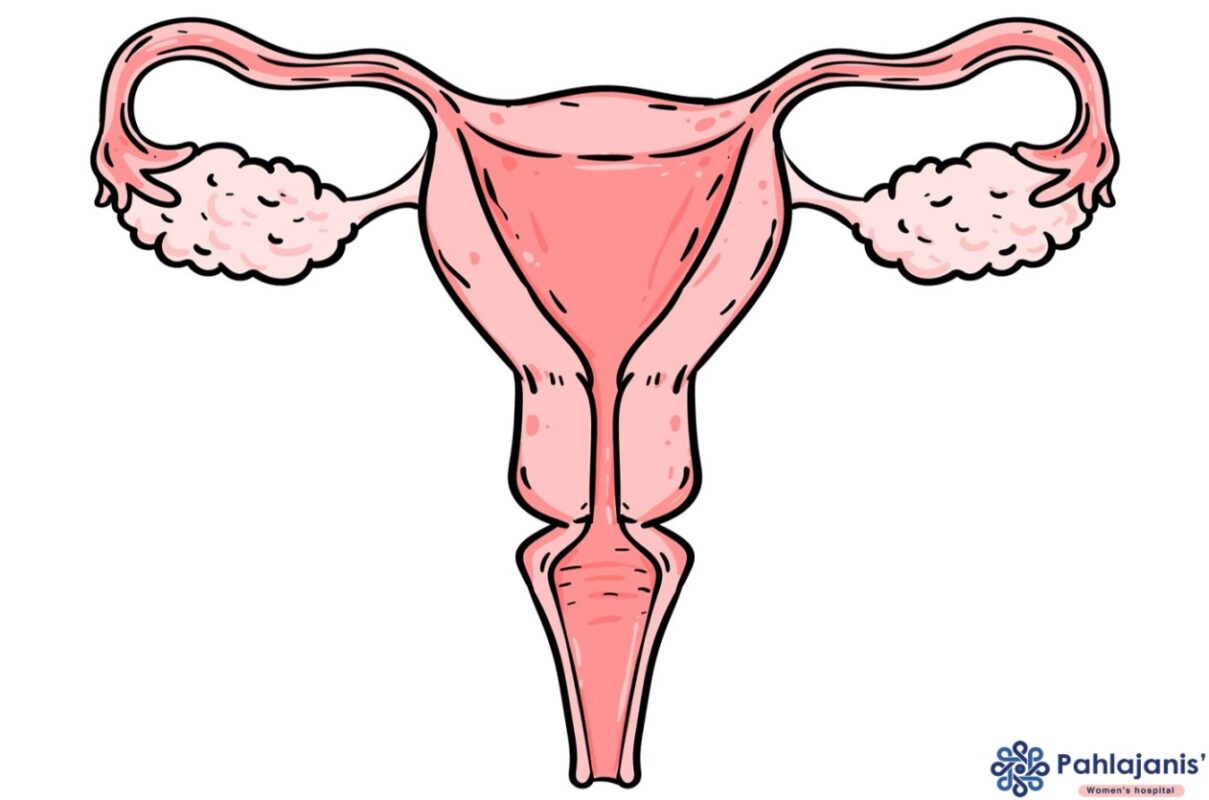Cancer of the cervix remains one of the most prevalent cancer diseases that affect women across the world. It is found on the cervix, which is a below part of the uterus, connected to the vagina. The good news is that cervical cancer can be prevented sometimes and when it has reached an early stage, it can be treated. This blog will aim to clarify information about cervical cancer, ways for its prevention, and the necessity of practical mammography as representatives of both sexes pap smears. It will also elaborate on features relating to the administration of the HPV vaccine as a tool that can help to avoid cervical cancer. We can begin with such topics to introduce you to how you can care for your health and when you should consult a gynecologist in Chhattisgarh or make an appointment for a checkup.
What is Cervical Cancer?
Therefore cervical cancer is a type of cancer-a disease that starts on the cervix. HPV is the most known risk factor for cervical carcinogenicity. This virus is very common and it impacts the persons having skin communication or/and sexual relationships. However, HPV normally does not become cancerous but will cause several transformations in the cervix cells. When one permits the growth of such odd cells, cancer develops within a given time.
There are two main types of cervical cancer:
- Squamous cell carcinoma – The kind that starts in the thin flat cells on the outer layer of the cervix.
- Adenocarcinoma – This type develops in the glandular cells lining the cervix cervical canal.
Symptoms of Cervical Cancer
Cervical cancer may not manifest symptoms until it has developed to a later stage. This is why cervical cancer screening is so important. Bleeding between periods, or after having sex, Watery, coloured discharge from the vagina symptoms in its early stages. This is why cervical cancer screening is so important. However, as the cancer progresses, some women may experience:
- Abnormal bleeding between periods or after sex
- Unusual discharge from the vagina
- Pain during sex
- Pelvic pain
This means that if you have the above symptoms then you need to have a gynecologist in Raipur or the surrounding region to check on you.
Prevention of Cervical Cancer
There are several ways to reduce your risk of developing cervical cancer:
- HPV Vaccine
For fighting cervical carcinoma the vaccine created to prevent the human papillomavirus (HPV) is now taken as one of the most effective ways. The vaccine is for types of HPV that cause most of the cervical cancer. It’s given to girls and boys, depending on their anatomy and should ideally begin from 11-12 years of age but can start at a younger age of 9 years and in certain cases, it may be taken even up to 26 years or beyond based on the patient’s condition. They are most effective when given to a person who has not been sexually active in the last five years but can be provided for Adults as well.
Having the vaccine does not only guard against cervical cancer but also controls other cancers related to HPV including throat and anal cancers.
- Regular Screening
Screening tests for cervical cancer as a norm can help doctors diagnose this disease at a stage when it is possible to obtain a cure. There are two types of screening tests: Pap smear and HPV test.
- Pap Smear: A pap smear tries to detect cells in the cervix that can become cancer cells. Women should start taking pap smears at 21 years and then repeat the test at 3 to 5 years depending on their age or result.
- HPV Test: This test helps to know if HPV is present in reality, in particular, in the cervical area of a woman. Mixed with other tests, if the test is positive for HPV, your doctor may have to conduct other tests or monitor your cervical health more closely.
You should have a pap smear or cervical cancer screening done often so any changes in the cervix can be detected before they form cancer.
- Safe Sex Practices
Since HPV is considered a sexually transmitted virus, safer sex practices shall help one avoid contracting it. Some studies advise against practising multiple sex partners and using condoms to make a shot at not contracting HPV.
- Quit Smoking
Tobacco smoking is associated with cervical cancer risks. Smoking cessation can benefit your cervical health and your overall health in general.
Screening for Cervical Cancer
As postulated above, screening plays an important role in the detection of cervical cancer. Here’s a bit more detail on how these screenings work:
Pap Smear
During doing the pap smear, your doctor will wipe and brush cells from your cervix with a small brush. These cells are then transported to a laboratory in a bid to find out if there is something wrong with the cells. However, if an abnormal cell is found, then another test may be needed, or, in some cases, treatment as well.
HPV Test
The HPV test is sometimes a combined technique with the pap smear. It can only determine whether the HPV virus is present in the cervix of the woman being examined. If you are experiencing HPV, it doesn’t necessarily translate to cancer but may just imply a higher possibility of developing cancer in future.
The group of women aged between 21-29 years should undergo a pap smear every three years. Women aged 30 – 65 should undergo a pap smear and HPV test at least five yearly. According to your tests, your doctor will advise when to come back for retesting or to see your general physician.
Treatment for Cervical Cancer
In cervical cancer, the treatment is carried out if cancer is found based on the degree of cancer. The only way of countering this disease is to diagnose it at this stage so that other steps can be taken. Here are the most common treatment options:
- Surgery: Since cervical cancer is localized at an early stage, surgery is recommended as the initial mode of therapy. The more frequent one is a hysterectomy, a surgery that involves the removal of the uterus as well as the cervix. At times, ovaries and fallopian tubes can also be eradicated together with the tumour during surgery. This treatment can however clear early-stage cervical cancer and it has the side effect that the patient will be unable to conceive.
- Radiation Therapy: radiation therapy is a cancer treatment that employs special penetrating radiation to destroy body tissues. Hormonal therapy can be administered independently from other methods or in conjunction with surgery. It may also be used for Stage II, III or IV cervical cancer depending on the doctor’s advice.
- Chemotherapy: Chemotherapy is a form of remedy with drugs that have been mainly evolved to smash cancerous cells. The cause of this remedy is for cervical cancers in level 3 or 4 or has affected other regions of the frame now and then utilized in combination with radiation therapy.
- Targeted Therapy: Targeted therapy is defined as the concept of using drugs to hit specific proteins or cells that in some way or manner promote the growth of cancer. The above treatment is often given together with Chemotherapy especially where the cancer is advanced.
Importance of Early Detection
One essential thing that cervical cancer has shown to be very sensitive to is early detection. There are regular pap smears and HPV tests that check for cervical changes before they turn into cancer. Like most cancers, cervical cancer can be controlled and even cured if it is diagnosed early. In case it is not diagnosed early it can spread to other areas in the body making this a hard disease to treat.
When to See a Gynecologist in Chhattisgarh
Usually, a woman requires a Gynecologist in Raipur Chhattisgarh based on the conditions which include abnormal bleeding or pelvic pain or during the time for having a pap smear. This part of the screening your doctor will help you through so that if there is any sign of cervical cancer, you will be diagnosed.
Why Pahlajanis’ is Your Trusted Partner for Cervical Cancer Care
Welcome to Pahlajanis’ Women’s Hospital which provides state-of-the-art and individualized service in protecting women from repeated destruction of their reproductive organs. We also offer a pap smear in Cincinnati OH, HPV testing in New Mexico, and cervix cancer screening to all women in Chhattisgarh by our team of experienced gynecologists. On breast health, we offer Pap smear and also ensure clients have access to the HPV vaccine for cervical cancer. Whether women opt to get screened or go through a complete medical overhaul, Pahlajanis’ Women’s Hospital is committed to empowering women about their health.

